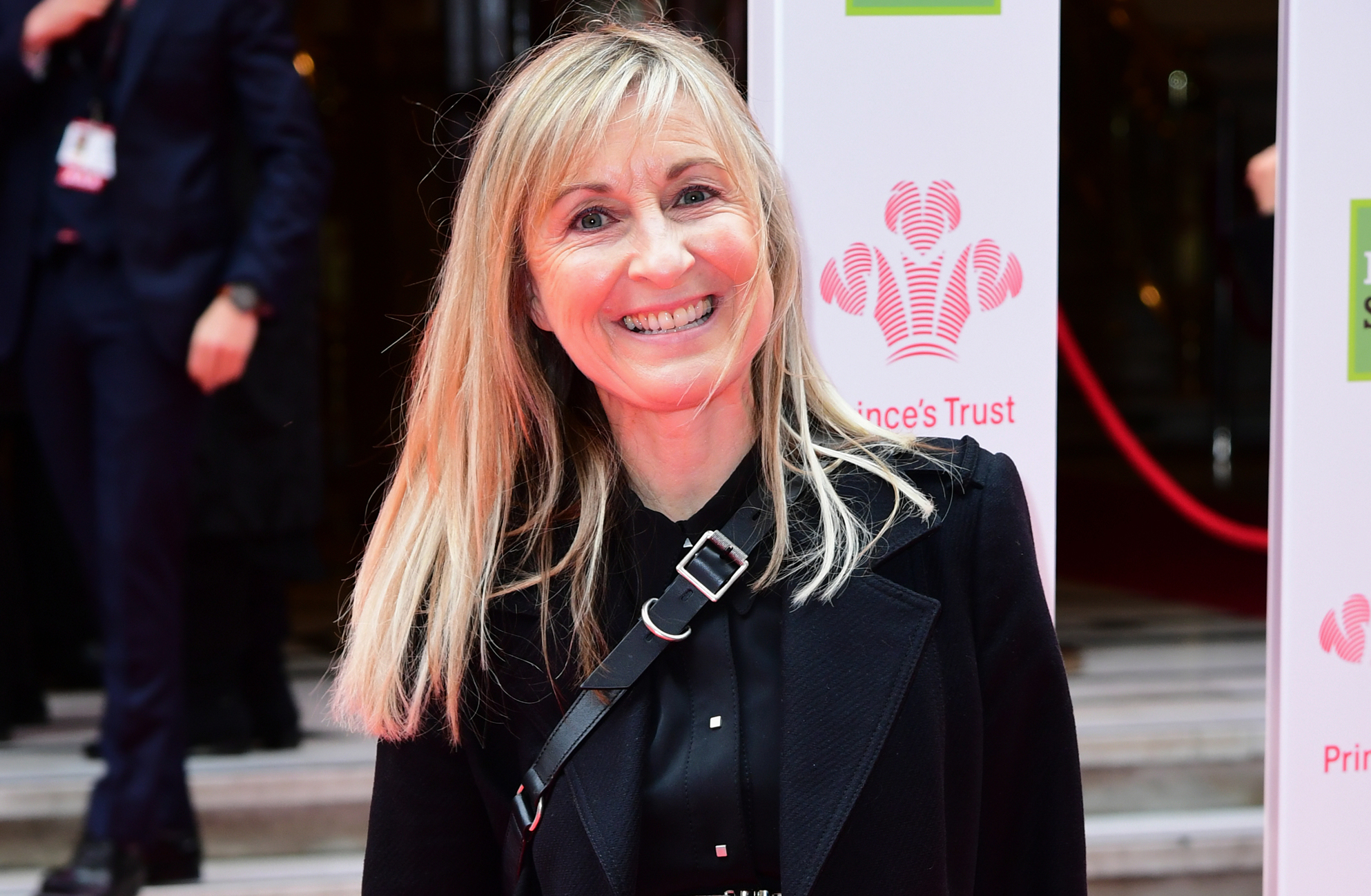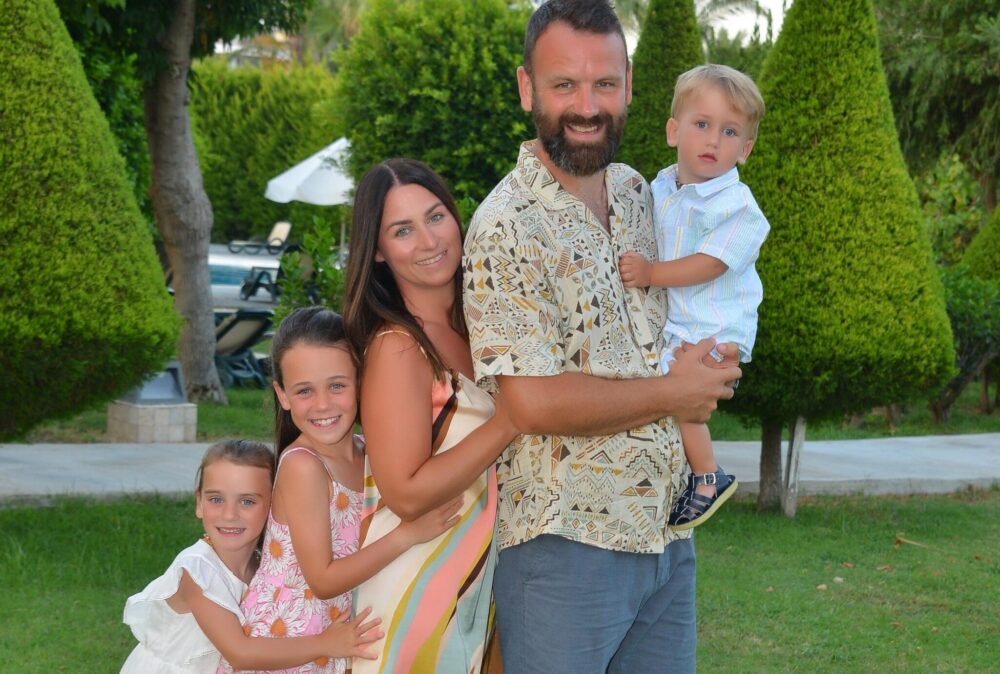
Features
7 ways to reduce your risk of Alzheimer’s as presenter Fiona Phillips reveals devastating diagnosis
2 years ago

TV presenter Fiona Phillips has revealed she has been diagnosed with Alzheimer’s disease at the age of 62.
The presenter and Daily Mirror columnist said the disease has “ravaged” her family and she had long feared being given the diagnosis.
According to the Mirror, Fiona was diagnosed more than a year ago and is undergoing trials for a new drug that could slow the effects of the disease.
Fiona, who is an Alzheimer’s Society ambassador, told the Mirror: “This disease has ravaged my family and now it has come for me.
“And all over the country there are people of all different ages whose lives are being affected by it – it’s heartbreaking.
“I just hope I can help find a cure which might make things better for others in the future.”
As well as her column in the national newspaper, Fiona anchored GMTV for more than a decade from 1997. She also competed in the BBC’s Strictly Come Dancing in 2005.
She is married to Martin Frizell, editor of ITV’s flagship programme Good Morning Britain.

Fiona told the Mirror that, despite fearing she would one day be diagnosed with Alzheimer’s, the news was still a “gut-punching, shuddering shock”.
The presenter said she feels “more angry than anything else” due to the disease having already affected her family life.
“My poor mum was crippled with it, then my dad, my grandparents, my uncle. It just keeps coming back for us,” she said.
Though she previously kept the news private, Fiona said she has decided to share her story to help end the stigma around Alzheimer’s.
“There is still an issue with this disease that the public thinks of old people, bending over a stick, talking to themselves,” she said.
“But I’m still here, getting out and about, meeting friends for coffee, going for dinner with Martin and walking every day.”
She is taking part in clinical trials at University College Hospital in London, which aim to revolutionise future treatment.
Hilary Evans, chief executive of Alzheimer’s Research UK, said: “We’re sending our love and support to Fiona and her family following her announcement that she’s living with Alzheimer’s disease.
“Fiona’s been a friend of Alzheimer’s Research UK for well over a decade, and her support has shone such a valuable spotlight on the importance of research in overcoming the diseases that cause dementia.
“There are around 70,800 people with dementia in the UK who, like Fiona, are under 65 and we’re determined to find a cure to end the heartbreak it causes.”
It is thought at least five in every 100 people with Alzheimer’s are under 65. Though this figure may be higher, as it can be more difficult to get an accurate diagnosis at a younger age.
So, is there anything you can actually do to help prevent dementia?
Stop drinking fizzy drinks
Drinking too much coke or lemonade could increase your chances of developing dementia. People who consume the highest amounts of ultra-processed foods, like fizzy drinks and chocolate, may have a higher risk of developing dementia than those who eat the lowest amounts, a study by Huiping Li, of Tianjin Medical University in China, published in the Neurology journal, has indicated.
Say no to UPFs
Sadly, lots of our go-to ingredients like sausages, ketchup and baked beans are highly processed, making them a risk-factor if consumed too frequently.
Li, the author of the study, said: “These foods may also contain food additives, or molecules from packaging or produced during heating, all of which have been shown in other studies to have negative effects on thinking and memory skills.
“Our research not only found that ultra-processed foods are associated with an increased risk of dementia, it found replacing them with healthy options may decrease dementia risk.”
Reduce your treats
Too much chocolate and things like biscuits aren’t good for you, because they are highly processed and sugary.
In fact, according to the study, for every 10% increase in daily intake of ultra-processed foods, people had a 25% higher risk of dementia. So, even just having a few extra biscuits or chocolates at work each day can heighten your risk.
Keep moving
We all know being slumped at a desk, staring at a screen all day, isn’t great for your health, but it turns out sedentary jobs actually increase your risk of getting dementia.
Dr Sara Imarisio, head of strategic initiatives at Alzheimer’s Research UK, said: “Our brains are incredibly complex, responsible for our memory, as well as what we think, feel and do.
“Keeping our brains healthy as we age can help stave off diseases like Alzheimer’s, which physically attack brain cells, tearing away at the very essence of who we are.
“We know that being physically and socially active can help us feel happier, healthier and more positive in general.
“Lifting weights and running marathons aren’t for everyone, but there are many ways that we can stay physically active in our lives.”
Noting more research published in the Neurology Journal, by Huan Song of Sichuan University in China, Imarisio continued: “This self-reported study adds to evidence that finding something you can stick to, that keeps you physically and socially active, is likely to have the greatest benefit to your health, rather than the activity itself.
“The researchers found that even people with a high genetic risk for Alzheimer’s, the most common cause of dementia, could benefit from keeping physically active.”
Make an effort to see family and friends
Social interaction is a really important way to keep your brain sharp and reduce your risk of dementia. If you avoid it, you are risking your health.
According to Song’s research, people who were highly engaged in activity patterns, including frequent exercise and daily visits of family and friends, had 35% and 15% lower risk respectively, compared with people who were the least engaged.
Do the chores
According to the same study, carrying out household chores is associated with a 21% reduced risk of dementia. Perhaps just increasing your brain activity a little, even just by washing up or changing your sheets, can help keep your mind active.
Play an instrument
According to several studies, musicians are 64% less likely to develop mild cognitive impairment or dementia. So, if you’ve ever fancied playing the piano, guitar or ukulele, now’s the time – it’s never too late to learn something new.









 Subscribe
Subscribe Follow Us
Follow Us Follow Us
Follow Us Follow Us
Follow Us Follow Us
Follow Us Follow Us
Follow Us











